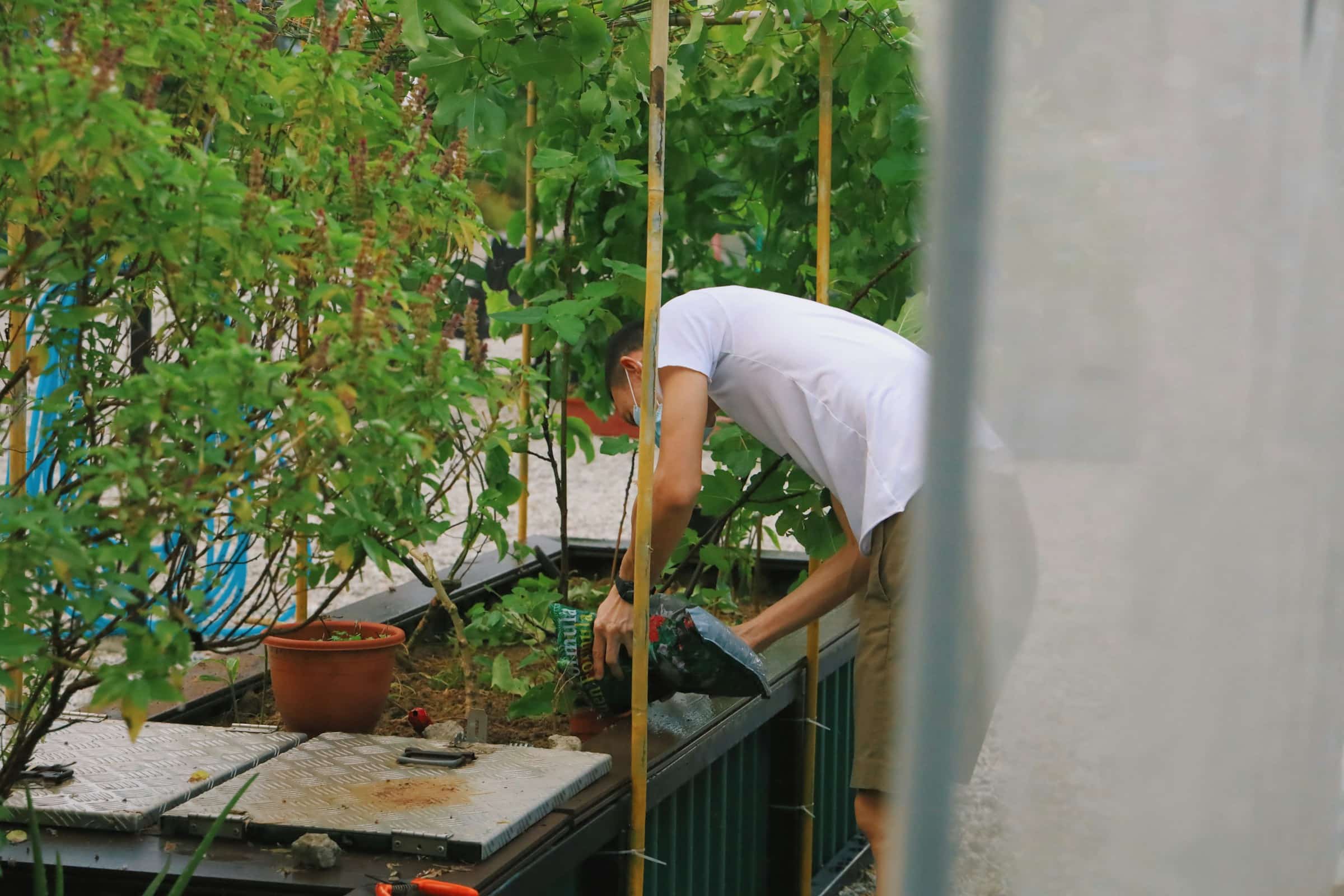What Is the Role of Sustainable Urban Farming in UK Food Supply Chains?

In this day and age, the concept of sustainable urban farming has become more than just a trend. More and more communities are recognizing its importance in reshaping the local food system, and this article aims to shed light on its role in the United Kingdom’s food supply chains. With the help of resources from Google Scholar, Crossref, and various published articles, we’re going to delve deeper into the economic, social, and environmental impacts of urban agriculture in the UK.
The Economic Impact of Urban Farming
Urban farming has a significant economic impact in urban areas, particularly in the United Kingdom. In this section, we unravel the economic benefits and how they contribute to a more sustainable food supply system.
This might interest you : How to Develop a Branded Podcast That Engages UK Audiences?
Urban farming offers a viable means of food production while also providing economic benefits to the community. By growing food locally, farmers are able to cut down transportation costs and reduce the price of their produce, making it more accessible to the community. Additionally, urban farming encourages the growth of local businesses and stimulates the local economy.
According to a study retrieved from Google Scholar, urban farming can also serve as a source of employment for people in urban areas, particularly those who are disadvantaged or unemployed. It can also provide a source of income for small-scale farmers who sell their produce directly to consumers, restaurants, and local markets.
Also to see : What Are the Strategies for Small UK Publishers to Succeed in the Digital Age?
Social Impact of Urban Farming
Urban farming not only contributes economically but also plays a crucial role on a social level. Let’s learn about its potential to foster community interaction, ensure food access, and boost health among participants.
Engaging in urban farming allows people to cultivate a connection with the food they eat, their environment, and with each other. According to an article found via Crossref, community gardens, a form of urban farming, can foster a sense of community among participants. Working together to grow and harvest food can teach valuable skills and promote social interaction.
Moreover, urban farming can contribute to food security by increasing access to fresh, healthy food in urban areas, which are often food deserts with limited access to such products. By growing food locally, urban farmers can ensure a steady and reliable supply of fresh produce for their community.
Urban Farming and Agriculture Sustainability
How does urban farming contribute to the sustainability of agriculture? In this section, we will talk about the environmental benefits of urban farming and its role in promoting agricultural sustainability.
Urban farming, when done sustainably, can contribute to the conservation of resources and reduction of environmental pollution. By growing food locally, we can reduce the carbon footprint associated with transporting food from rural farms to urban consumers. Moreover, sustainable practices such as composting and using natural pest control methods can reduce the need for synthetic fertilizers and pesticides, which are harmful to the environment.
Furthermore, by converting unused urban spaces into productive gardens, we can combat urban heat island effects, improve air quality, and increase biodiversity in urban areas. According to a study on Google Scholar, green spaces such as urban gardens can also provide habitats for pollinators, which are crucial for food production.
Urban Farming and the UK Food Supply Chain
Finally, let’s look at how urban farming fits into the UK food supply chain and what this means for future food production strategies.
Urban farming can be a valuable component in creating a more resilient and sustainable food supply chain. By producing food in urban areas, farmers can provide a local source of fresh produce, which can be particularly valuable in times of supply chain disruptions.
Moreover, urban farming can contribute to a more diversified food system. Instead of relying solely on large-scale, industrial agriculture, we can have a mix of different food production scales and methods, including small-scale, local, and urban agriculture. This can lead to a more resilient food system that is better able to withstand shocks and changes.
Furthermore, urban farming can help raise awareness about the importance of sustainably produced food. By bringing agriculture closer to consumers, it can help educate people about where their food comes from and how it is produced. This can encourage consumers to make more sustainable food choices, which can, in turn, drive demand for sustainably produced food and shape future food production strategies.
In conclusion, urban farming can play a critical role in reshaping the UK’s food supply chains. Its economic, social, and environmental benefits can contribute to a more sustainable and resilient food system. While urban farming alone may not be the solution to all our food system challenges, it is a piece of the puzzle that cannot be ignored.
The Role of Policy in Sustainable Urban Farming
The role of policy can’t be understated when it comes to enabling and supporting sustainable urban farming. In the UK context, urban farming faces a range of policy challenges and opportunities, and this section aims to shed light on some of these aspects.
Firstly, land availability and policy control are crucial determinants of urban farming success. In congested urban areas, access to suitable land for cultivation can be a significant hurdle. Policy interventions can help in identifying and securing such spaces for gardening and farming activities. In the UK, many allotment gardens have seen a resurgence thanks to progressive urban planning policies.
Secondly, regulatory barriers often exist that could hamper the growth of urban farming. For instance, certain zoning laws might restrict the scale or types of urban agriculture that can be practised. Regulatory reforms and flexibility can help overcome these barriers and allow for more widespread and varied urban farming practices.
Finally, policy support can play a huge role in promoting and incentivising sustainable practices in urban farming. The UK has seen some positive movements in this regard. For instance, the ‘Farm to Fork’ strategy, as part of the European Green Deal, emphasizes the importance of sustainable food systems and aims to make food systems fair, healthy and environmentally-friendly.
Conclusion: Urban Farming as a Catalyst for Change
The fundamental role of urban farming in reshaping the UK’s food supply chains is becoming increasingly evident. The economic, social, and environmental benefits it delivers has the potential to promote sustainability and resilience within food systems.
Urban farming not only cultivates food sovereignty among urban dwellers but also stimulates the local economy, fostering community interaction and enhancing food access. By integrating agriculture into urban life, it educates the public about sustainable food production, encouraging more informed and responsible consumer behaviour.
Moreover, urban farming contributes positively to the environment. It reduces the carbon footprint associated with food supply, mitigates the urban heat island effect, and even promotes biodiversity.
Policy support, however, is a key driver for the expansion and success of urban farming. More progressive and flexible regulations can greatly help in integrating urban farming into the UK’s food supply chain, making it a cornerstone of a new, more sustainable food system.
In conclusion, while urban farming is not a silver bullet to all food system challenges, it is a crucial part of the solution. It is a transformative approach that can help build a more sustainable, equitable, and resilient food future for the UK. By bringing agriculture into the heart of our cities, we can rethink and reshape how our food is produced, distributed and consumed.
